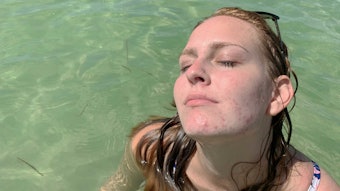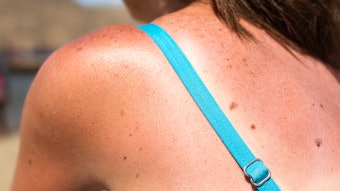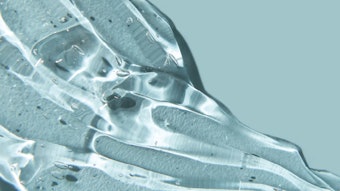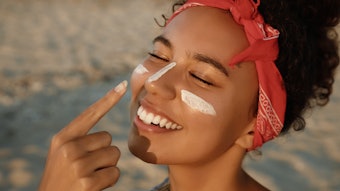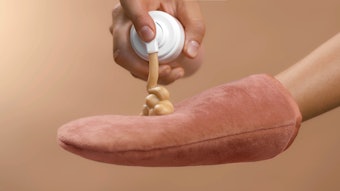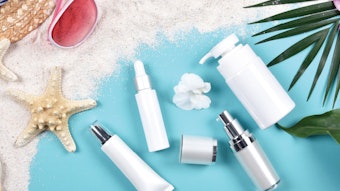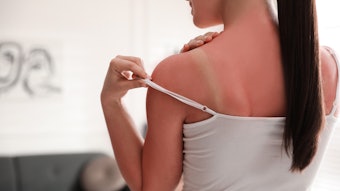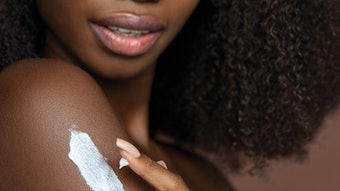A new study has showcased how the chemotherapy drug fluorouracil aids in reducing actinic keratoses lesions.
Applying the chemotherapy drug fluorouracil to skin might help improve the appearance of sun-damaged areas and reduce potentially precancerous patches, according to a small, new study. Fluorouracil is used to treat cancers of the colon, head and neck, pancreas and other organs. Changes in skin appearance have been noted in people undergoing treatment with systemic fluorouracil, and this led to the development of a skin cream that contains the cancer drug.
The new study included 21 healthy volunteers with sun-damaged skin and actinic keratoses—skin lesions that could develop into skin cancer—on their faces. The participants applied 5% fluorouracil cream to their faces twice daily for two weeks.
The researchers said that the number of actinic keratoses declined from an average of 11.6 lesions per person to an average of 1.5 lesions. There were also improvements in aging-related damage, including wrinkling and dark skin spots. The study, funded by Valeant Pharmaceuticals International, was published in the June issue of the journal Archives of Dermatology.
"For patients in whom a course of topical fluorouracil is indicated for the treatment of actinic keratoses, there will likely be the additional benefit of a restorative effect from sun damage; this may provide further motivation for these patients to undergo the rigorous treatment," concluded Dr. Dana L. Sachs, of the University of Michigan Medical School, and colleagues.
"It is possible that for some patients topical fluorouracil may have an important role against photoaging," they wrote. "For others, however, it may not be cosmetically acceptable given that a standard course of therapy may last two to three weeks and the ensuring reaction can persist for several more weeks. Undoubtedly, there will be patients who desire a therapy such as topical fluorouracil for cosmetic purposes given the relatively low cost of this therapy compared with ablative laser resurfacing."
More information
The U.S. National Cancer Institute offers skin cancer prevention tips.
HealthDay News, June 15, 2009
